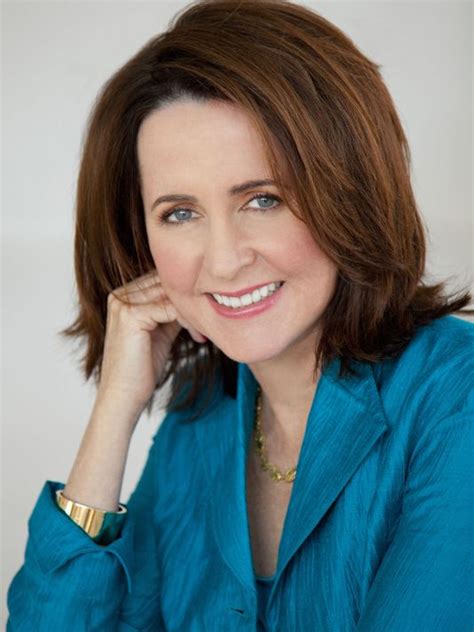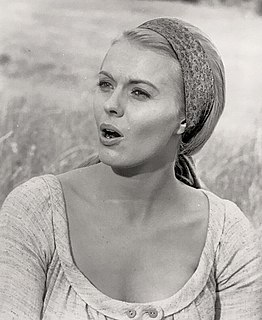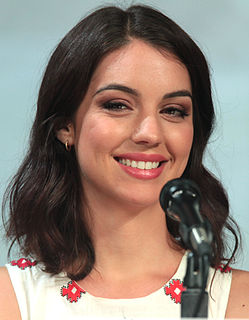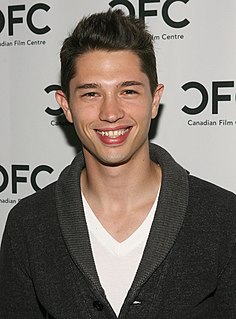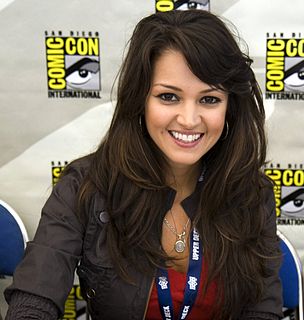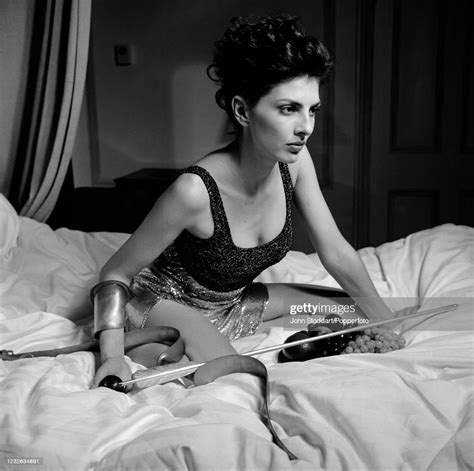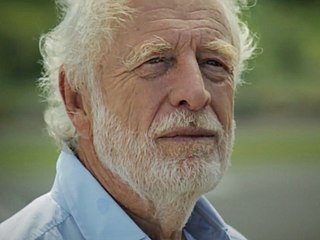A Quote by Alan Ladd
A producer has to know all about everything from set-building to costumes to acting.
Related Quotes
The acting background helped a lot when I started writing. I was training for it. In acting class they teach you about the stakes in a scene (and) what motivates characters. When you bring a scene to class - as an actor with your scene partner - you have to do everything. There's no producer, set decorator or anything like that. You and you partner have to do everything and that's kind of like facing the blank page as a writer.
I kind of joke with myself that you shouldn't be able to be a creative producer if you weren't a first AD. Because it is such fantastic training for really understanding what everyone does, and how the movie actually gets made. You have to know if you're the first you're kind of the set general, you're at the director's right hand, you know everything about how a director puts a movie together, you know everything about how a movie gets made.
I know the pleasure you get from making your films. The intense involvement in every aspect: the acting, the camera, the colors, the costumes, even the hair and makeup. Editing is thrilling. Everything to do with films is absorbing - everything but the money part, the business. But I'm deeply glad I've had that experience.
Every actor has their own process. For me, I really need to stay in the pocket. So, if I'm on set and I'm in character, I'm not thinking like a producer. If I'm on set and I'm not in character, wardrobe and make-up, and I'm just coming on set for the moments that I'm not shooting, then I'm able to be the producer.
Auditioning and actually acting on a set are two different things. When you audition, you're in a room and you don't have anything to play with and you don't have anything physically in the room. Whereas on set, you have direction, you have costumes, and you have other actors to work with. It's a completely different thing.

